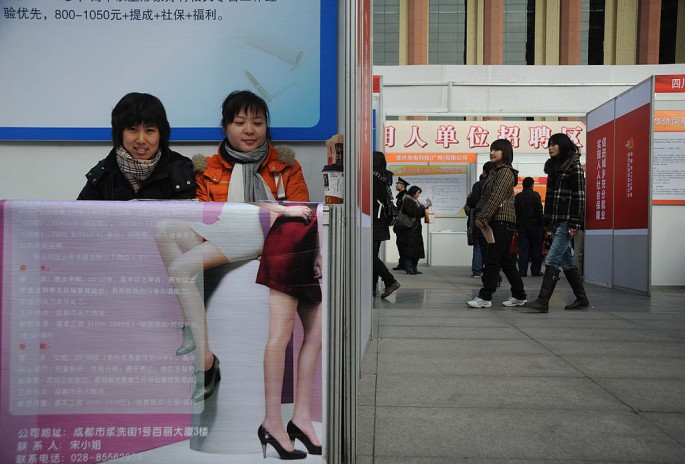With Shanghai Disneyland opening in about one week, Chinese residents are talking about the resort and its attractions, such as the Pirates of the Caribbean ride. But all talk is not about spending money inside the tourist destination. Some of the discussions are about the various ongoing scams revolving around the new resort.
China Daily reported that there is a fake website that looks like the real Shanghai Disneyland portal which lists a number to call. Those who call the number to reserve a room are instructed to provide credit card details such as the three-digit security code, mobile phone number and ID numbers, according to kankannews.
There are also reports that Shanghai Disneyland is offering employment opportunities to locals, which gave rise to various scams that cheated more than 30 job applicants of 3 million yuan. The police warned that about 200 people, over the last two months, are claiming they could provide job opportunities in the resort.
Authorities found out about the employment scam from Li, a taxi driver, who saw a recruitment advertisement and called the number. The man called the number and was offered a managerial post if he paid a 13,000 yuan fee. He resigned from the taxi company, only to find out the job was a cleaner.
The park is actually hiring people, but applicants should directly send their CVs to Disneyland Shanghai and not pay any recruitment fee, Li found out from his co-workers.
Legitimate employment opportunities also abound in shops at the new Disneytown with the opening of various dining establishments, including a Starbucks that has 110 baristas fr0m 48 cities in China as it prepares to be the coffee chain’s busiest location in the world when the resort opens formally on June 16.
Other scams include offering investment in the resort with the promise of a 10 percent annual yield. The wealth investment products was issued by Shanghai Guozhou Financial Information Service which claimed the money would be used to develop and run the resort. But the local financial market regulator orders the withdrawal of the product because of false advertising.



























